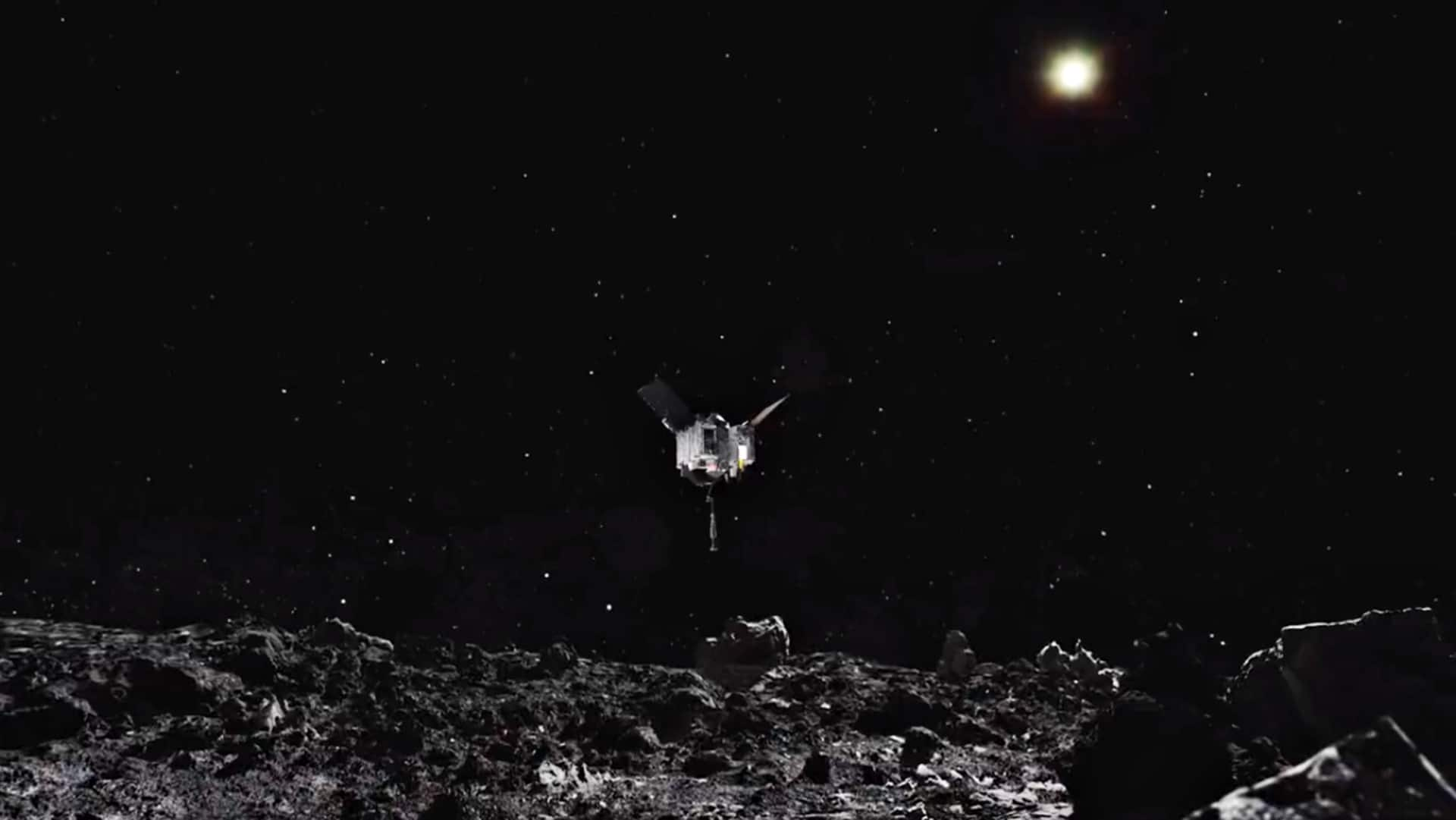
NASA's OSIRIS-REx to deliver asteroid samples today: How to watch
What's the story
In a few hours from now, NASA's OSIRIS-REx mission will conclude as a capsule containing regolith samples from the asteroid Bennu will land in Utah's desert at around 8:25pm IST. The capsule's landing will be live-streamed on NASA's YouTube channel starting 7:30pm. OSIRIS-REx, short for Origins, Spectral Interpretation, Resources Identification and Security-Regolith Explorer, was launched in 2016. The sample return is expected to provide valuable insights into the origins of our solar system and the genesis of life on Earth.
Twitter Post
Take a look at the official post from NASA
We're expecting a delivery! 📦
— NASA (@NASA) September 23, 2023
Tomorrow, watch in 4K beginning at 10am ET (1400 UTC) as our #OSIRISREx spacecraft returns NASA's first asteroid sample collected in space to Utah's desert: https://t.co/ZoS01PUAyP
Use #AskNASA to submit questions for the show. pic.twitter.com/YjRu3ZNwWe
More
How will the sample return happen?
At around 4:00pm, NASA will check the conditions to determine if the sample return mission is a go-or-no-go. If it's a go, the spacecraft will release a capsule containg the Bennu samples. Four hours after release, the capsule will enter Earth's atmosphere and a set of parachutes will enable a gentle touchdown. If it's a no-go owning to risk to people or property on the ground, NASA will redirect the spacecraft's path and try a second sample return in 2025.
Details
Unraveling secrets from the asteroid sample
Bennu is a remnant of the solar system's formation with its regolith preserving the story of our cosmic origins. The pristine sample collected from the asteroid by the OSIRIS-REx mission will help scientists learn more about the formation of planets and the distribution of water and organic molecules in the early solar system. The Bennu sample is unique because it has not been contaminated by Earth's atmosphere or weather, which makes it an ideal target for scientific study.
Insights
Asteroids may hold clues to origin of life on Earth
The Bennu sample could provide insight into how asteroids like Bennu may have contributed to the delivery of water and organic molecules to Earth, potentially playing a role in the genesis of life on our planet. Once retrieved, the capsule will be moved to a defense facility in Utah and then transferred to NASA's Johnson Space Center in Houston. A team will then analyze the Bennu regolith and is expected to reveal its first results in October.